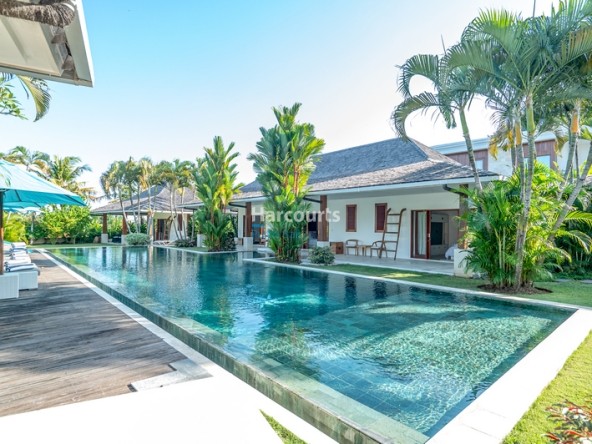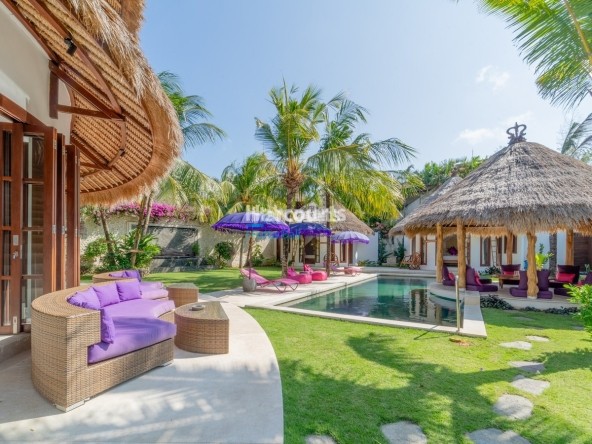Euro banknotes are placed on US dollar banknotes in this illustration picture from May 26, 2020.(Reuters/Dado Ruvic)
A. Muh. Ibnu Aqil and Dzulfiqar Fathur Rahman The Jakarta Post
Jakarta / Wed, February 17, 2021 / 01:30 pm
President Joko “Jokowi” Widodo has introduced the board of directors tasked with managing Indonesia’s recently created multibillion-sovereign wealth fund, tapping a seasoned banker to lead it, as the country aims to lure global investors to Southeast Asia’s largest economy.
Ridha DM Wirakusumah, until recently the president director of private lender Bank Permata, was chosen as the CEO of the wealth fund, called Indonesia Investment Authority (INA).
Ridha, who has spent more than 30 years in banking and investment, is joined by Arief Budiman, a former finance director of state-owned oil giant Pertamina, private equity firm Creador managing director Stefanus Ade Hadiwidjaja, private lender Citibank NA Indonesia country risk manager Marita Alisjahbana and the former finance director of national flag carrier Garuda Indonesia, Eddy Porwanto Poo.
In his speech on Tuesday, Jokowi reiterated the strategic position of INA to accelerate the country’s development, while stating that INA was a “professional institution” managed by experienced professionals. “With INA, we will reduce the disparity between the domestic financing capability and the financing requirement for the country’s development,” Jokowi said, adding that the fund would also help optimize the value of state assets in the long run and provide funding sources.
He said that the sovereign wealth fund was long overdue, as Indonesia was later than many other countries managing sovereign wealth funds, including the United Arab Emirates and neighboring Singapore, which had accumulated large funds over the last 30 to 40 years.
“Although INA came later, there is no such thing as too late. I believe INA will be able to catch up and gain trust nationally and internationally,” Jokowi said on Tuesday.
The sovereign wealth fund aims to attract foreign funds as co-investors. The government is aiming for the fund to manage US$100 billion in investment in the next two years, and at least $20 billion in the next few months.
It eyes to use the fund to finance big projects, such as for infrastructure, tourism and technology, as well as the planned relocation of the country’s capital, in a bid to spur the recession-hit economy following the COVID-19 outbreak.
The National Development Planning Agency (Bappenas) has estimated that the country will need $429.7 billion in infrastructure investment, equal to 6.1 percent of its GDP, between 2020 and 2024, of which the government might only be able to cover one third.
The sovereign wealth fund’s establishment is stipulated in the recently passed Job Creation Law as well as in Government Regulations No. 74/2020.
On Jan. 27, Jokowi inaugurated the five members of the fund’s supervisory board, namely Finance Minister Sri Mulyani Indrawati as the chairwoman leading State-Owned Enterprises (SOE) Minister Erick Thohir and three professionals, including PricewaterhouseCoopers (PwC) Indonesia former senior country partner Haryanto Sahari.
Minister Sri Mulyani said many major fund managers worldwide had expressed interest in investing in Indonesia’s sovereign wealth fund.
Indonesian officials stated that several institutions, such as Japan Bank for International Cooperation, Singaporean sovereign wealth fund GIC and the United States’ International Development Finance Corporation (IDFC), had expressed interest in investing in the fund. The commitments of the interested parties reportedly total $10 billion.
Meanwhile, Sri Mulyani also stated on Tuesday that the government aimed to put up the initial capital for the investment authority, accumulating a total of Rp 75 trillion ($5.3 billion) by the end of this year, which would include a state capital injection of Rp 15 trillion from the 2021 state budget.
“INA is an investment, so in this case, our potential partners will invest along with us. We don’t borrow their money, but we invest together,” she said.
Sri Mulyani also addressed on Tuesday concerns over the governance of INA, particularly in the wake of a corruption scandal and massive losses at Malaysia’s 1MDB fund, where about $4.5 billion is believed to have been misappropriated.
“We also do a check on all of these [board of directors] candidates, so we can be sure that their reputation and professionalism are strong and sufficient to manage the sovereign wealth fund,” she said.
Ridha said Tuesday that there was an estimated $9.5 billion worth of infrastructure projects in the pipeline under INA. The authority would focus on toll road projects before shifting to other infrastructure projects, like airports or seaports.
“Why toll roads? Because the multiplier effect is very huge,” Ridha told reporters on Tuesday. “Secondly, the investment value [for toll roads] is very high.”
Ridha added that the authority was planning to partner with state-owned construction companies, such as Waskita Karya, Hutama Karya and Wijaya Karya, as well as toll road operator Jasa Marga.
Aviliani, a senior economist at the Institute for Development of Economics and Finance (Indef), said Tuesday that the newly-appointed board of directors was expected to maintain its credibility, gain investors’ confidence and thus lure huge funds.
However, the board of directors may face challenges in the form of political intervention, such as in choosing which project to finance, since state-owned companies or agencies usually faced such interference, according to Aviliani.
“So, the biggest challenge is how to run the authority with [good] governance and responsibility, as the country is at stake, after all,” Aviliani told The Jakarta Post in a phone interview on Tuesday.
Similarly, Paramadina University political analyst Khoirul Umam said that, even though Jokowi had appointed technocrats with little to no political affiliations to lead the fund, that did not guarantee that the board would be free from political influences.
“Back in the New Order era, a lot of people in its economic machine were technocrats, but they still bowed to or at least were influenced by political powers of the time,” Khoirul told the Post.
Nevertheless, the choice of technocrats was hoped to ensure INA’s work quality and accountability and might brush off early concerns about corruption in the sovereign wealth fund, he said.
“However, public oversight was still needed to ensure the transparency, accountability and integrity of this body that has been given a lot of authority and funding,” Khoirul said.





